

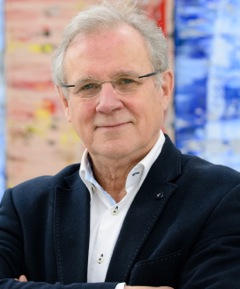
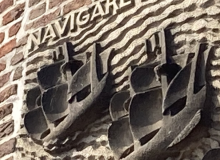
Amsterdam became a haven for Jews fleeing Iberian persecution, for Anabaptists, Lutherans, and others who were unwelcome in much of Europe. They protected religious minorities while maintaining a shared moral foundation.
.jpg)
Baptists and Mennonites were later joined by Moravians and Methodists, the Salvation Army, the Plymouth Brethren, various Evangelical streams and eventually Pentecostals, in the voluntary, free church tradition.
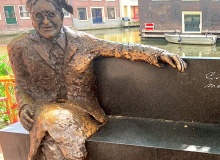
But what is true greatness? How do we recognise greatness? How will we know when those who promise to ‘restore greatness’ have delivered the goods? What should we be looking for?
.jpg)
Amsterdam, with its Protestant tolerance became Europe’s most important printing hub in the 17th century. Exiles and intellectuals flocked to the city because of its freedom to print and disseminate new ideas—further boosting its international soft power.
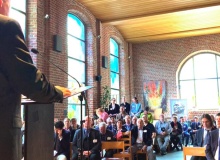
Divorced from its Christian roots, Schuman warned, democracy would degenerate into anarchy or tyranny, a process we see unfolding before our very eyes right now.
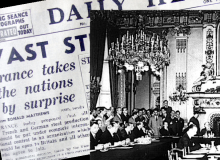
Headlines the world over last Friday announced the new pope, Leo XIV. Headlines 75 years ago on May 10, 1950, announced a new audacious plan for peace: ‘France takes the nations by surprise’, ‘Schuman bomb’.
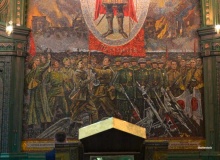
Christian nationalism shows more concern with preserving one’s own ‘tribe’ and national identity than with sharing the Gospel with other ethnicities.
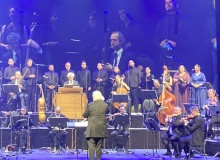
Just as Jesus is betrayed by a close follower and handed over to unjust powers, Ukraine has faced aggression from a neighbouring nation with deep historical ties.
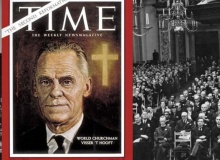
One colleague, Clemens van de Berg, spoke about the under-appreciated role of Protestant churches in shaping the international postwar order. This order and stability is under serious assault today.
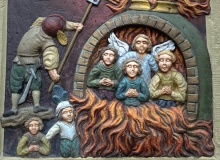
This may be the end of an era, as it was for Augustine when Rome fell; or for the wartime generation enduring the terror of German nationalism. But this is not yet the end.
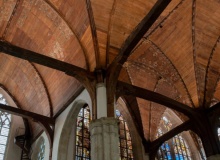
The Bible takes history very seriously. In fact, the Bible is the source of our western understanding of linear time. The dimensions of past, present and future are not as self-evident as we may think.
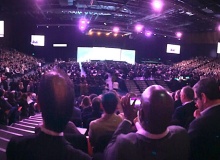
Snippets of ‘a better story’ could be heard last week at the ARC conference. But what we need is not a white, Anglo-American, conservative, capitalist, Christian nationalist story attempting to turn the clock back to ‘Christendom’.
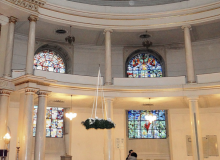
Schuman warned that democracy cut off from the Christian values of peace, solidarity, freedom of conscience and rule of law would degenerate into tyranny. Autocratic rulers espousing Christian language are cloaking this degeneration.
.jpg)
Europe now watches aghast as a brazen, unbridled imperialism makes claims on Panama, Canada, Greenland and Gaza. Trump joins those wolves in sheep’s clothing he admires like Putin, Orban and Wilders, masquerading as defenders of the faith.
.jpg)
The list is long of prophets and spiritual leaders who dared to speak the truth to rulers who crossed God-ordained thresholds – often at great cost.
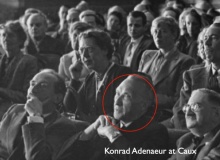
Few remember how distrusting, fearful and uncertain the post-war years of the late 1940s were, with lives, bodies, families, cities and nations having been broken, disrupted and destroyed. How do you rebuild out of such brokenness?
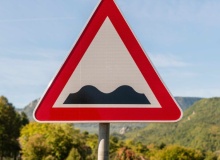
Pundits warn that in 2025 we are heading back to the law of the jungle, a world where might is right and money manipulates.
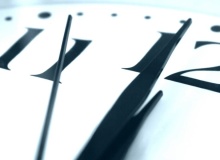
Jesus talked of wheat and tares growing up together. Here is a random sample of both in the last 25 years.
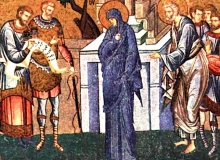
Yet for all the blame heaped on ‘religion’ for wars and strife, the influence of the teaching of the babe of Bethlehem on loving God and neighbour has been unparalleled.
.jpg)
Stars have always made humans think of eternal things and of transcendence. Like the Psalmist, we gaze into the clear night sky and marvel at all the stars, being overwhelmed by the unfathomable size of the cosmos.
.jpg)
The roots of human rights actually go back much further than the Enlightenment, to minority Christian traditions including Mennonites and Baptists.
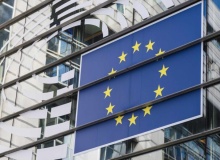
Europe’s identity as ‘Christendom’, a unity with much diversity, distinct from her pagan Eurasian roots, led to self-perception as a ‘continent’.
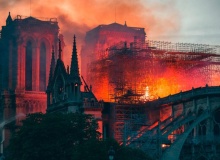
Paradoxically, in secular Europe, cathedrals continue to be among the most visited tourist sites.
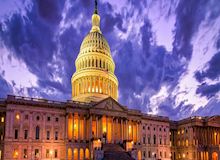
Our Christian presence will bring new life into each sphere, much as the expansion of the early church eventually turned the Roman Empire upside down.
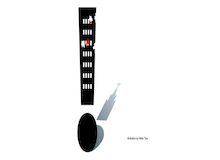
Let us continue to pray for more ‘moments of grace’, and a just and lasting end to this war.

Las opiniones vertidas por nuestros colaboradores se realizan a nivel personal, pudiendo coincidir o no con la postura de la dirección de Protestante Digital.